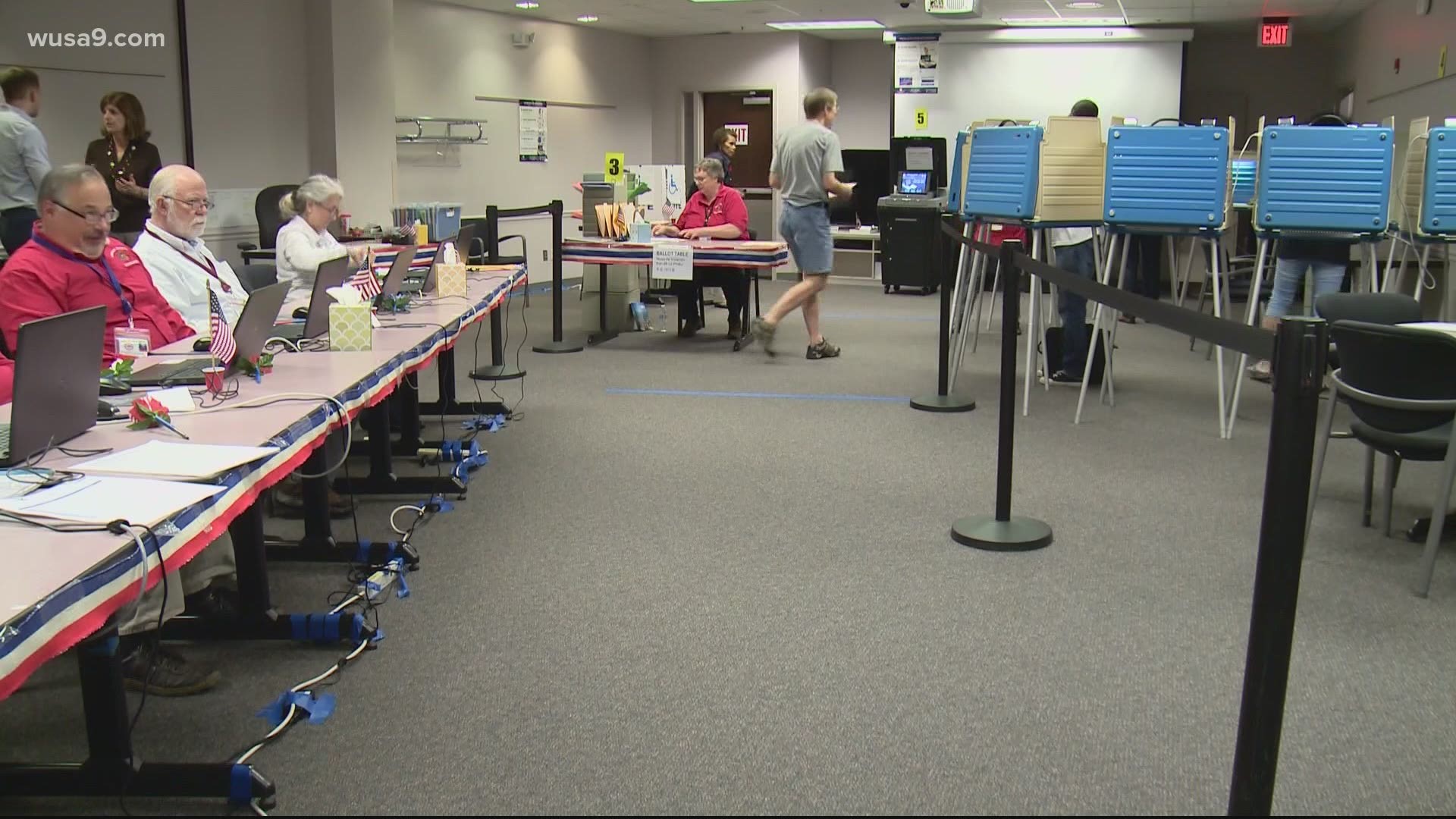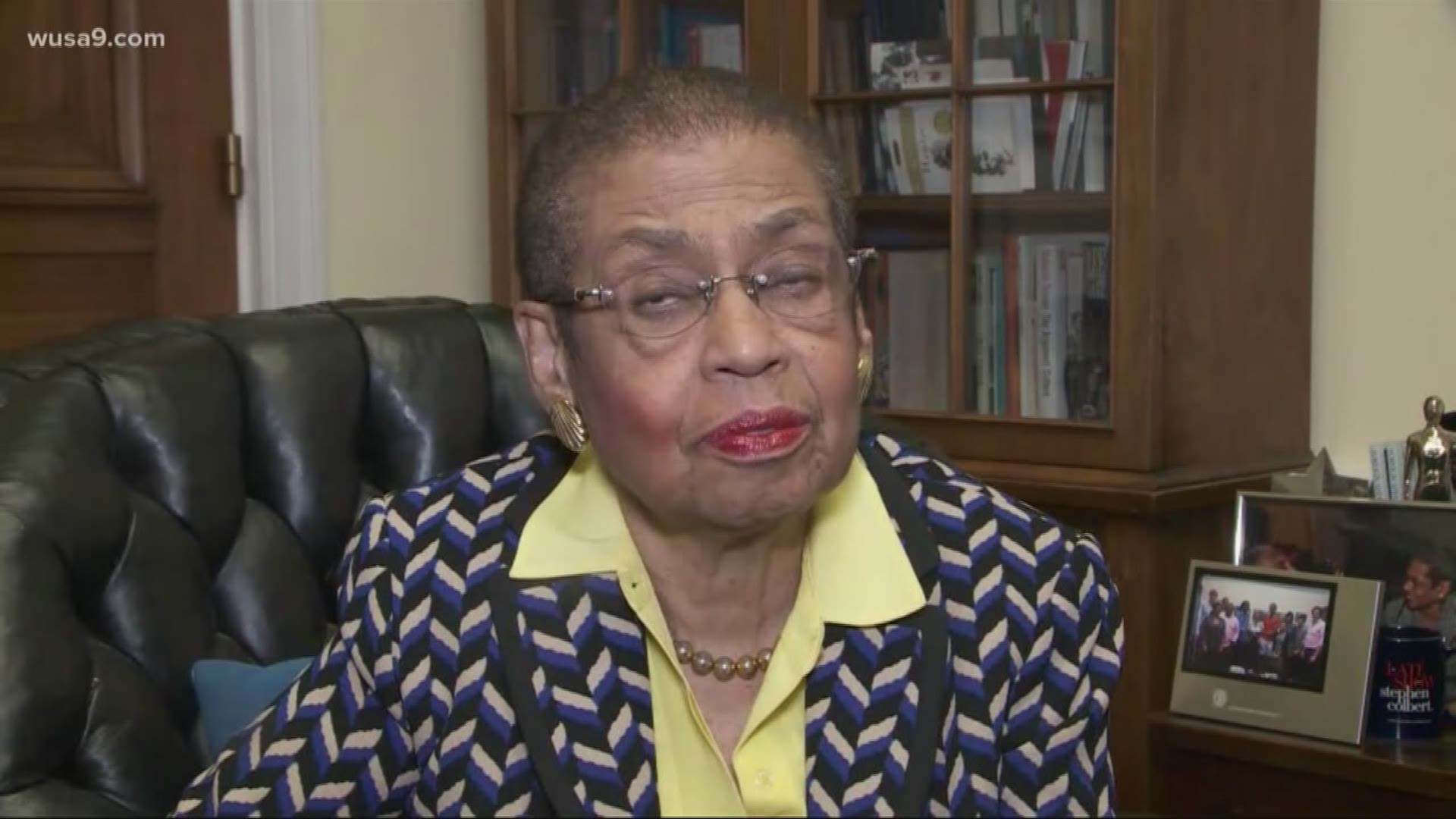WASHINGTON — Since 1990, voters in the District have elected one shadow representative and two shadow senators to represent them in Congress. In the 2020 general election, D.C. residents voted on the next leaders to fill their shadow delegation.
As of early Wednesday morning, D.C.'s Board of Elections is reporting results from 100,000 of the 202,000 mail-in ballots received, meaning only half of mail-in ballots have been counted. While results are leaning towards certain candidates, until all votes have been tallied, results will not be final.
Democrat Oye Owolewa is strongly favored over his opponents to fill the seat of U.S. Shadow Representative. Owolewa is a pharmacist and volunteers his time in public schools encouraging young people to pursue STEM careers.
The incumbent Shadow Senator, Paul Strauss (D), is also leading over his opponents. Strauss was first elected to this office in 1996. He is a former Chairperson of the District’s Board of Real Property Assessments and Appeals. He has also been a Union Organizer for the Hotel and Restaurant Employees Union. He is an attorney.
Incumbent Eleanor Holmes Norton (D) has been declared as the projected winner of the U.S. Delegate seat representing the District of Columbia, according to the Associated Press.
Just like actual U.S. representatives and senators, D.C.representatives and senators serve two and six-year terms, respectively.
The shadow delegation, however, is uniquely different from their counterparts from the 50 states. Their offices aren't in the office buildings that house the rest of Congress but are located in the John A. Wilson Building in D.C. They're also not allowed to vote in full floor votes or in committees.
Instead, they spend their role pushing for D.C. to become the 51st state and for them to become fully-fledged members of Congress.
D.C. does send a non-voting delegate for its at-large congressional district to Congress. Democrat Eleanor Holmes Norton, a former chair of the Equal Employment Opportunity Commission, has represented D.C. as its non-voting delegate since taking office in January 1991.
Unlike her shadow counterparts, Norton is allowed to serve on committees and speak on the House floor. She can also sponsor legislation, although she isn't able to vote on its final passage.
Norton has used this ability to sponsor legislation like the District of Columbia House Voting Rights Act of 2009, which would have given D.C. a full voting representative in the House. That bill was approved by the Senate but ultimately failed to pass through the House.


